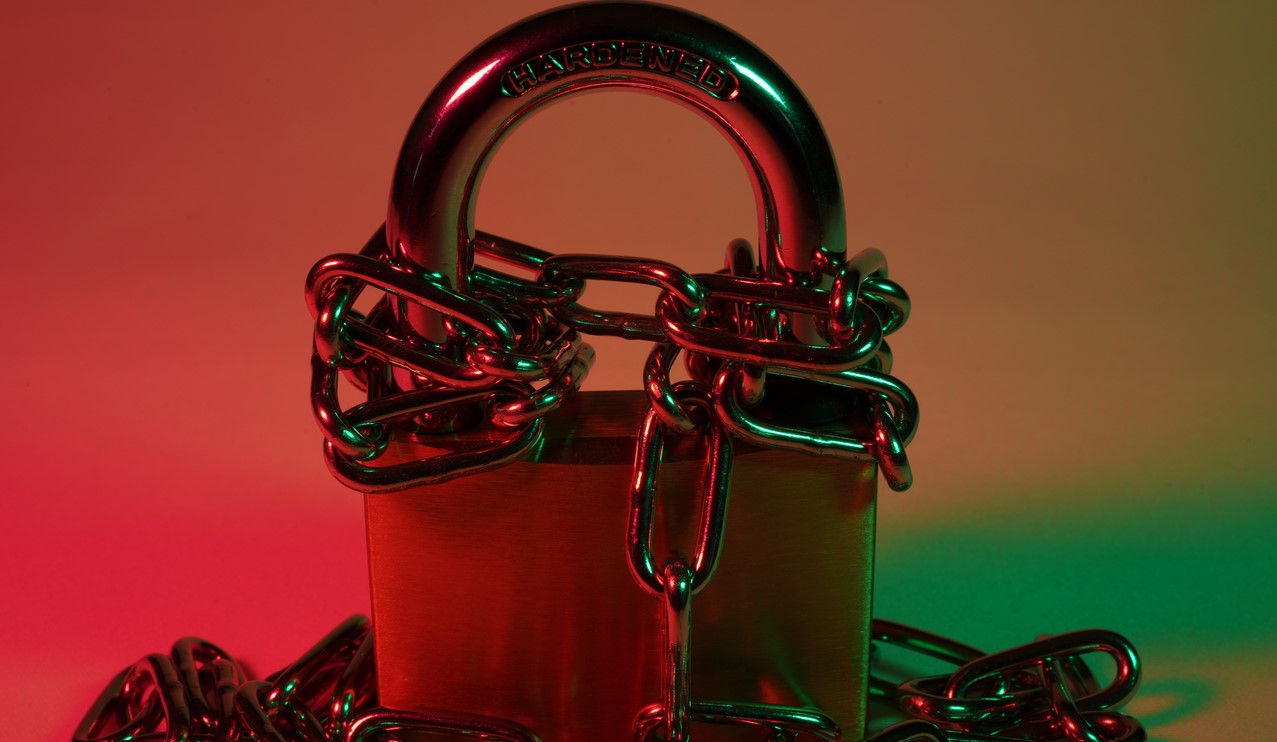In a letter addressed to the government of Armenia on July 4, Armenia’s Prosecutor General, Artur Davtyan said the internet should be under state control and regulated through legislation, according to reports by local media.
In the absence of such control, information platforms continue the unfettered spread of such content, distorting and abusing the democratic principle of freedom of speech. By contrast, in a number of countries, including Germany, Russia and Georgia, the security of information distributed through online resources is regulated by legal acts, read the proposal.
According to the Prosecutor’s office, the proposal to monitor content online comes at a time when “there has been an increase in the spread of national, religious, sexual or other discrimination on internet websites and social networks, and other banned content in Armenia, including drug advertisements.” The office also noted in its letter that the there is a need to adopt legislative regulations that could “prevent the distribution” of such content.
According to an investigative journalism platform Hetq.am the proposal mirrors Roskomnadzor — Russia’s Federal Service for Supervision of Communication, Information Technology and Mass Media, also known as the country’s leading media and internet censor. Critics of the proposal see it as a tool of persecution that would restrict freedom of speech.
Prosecutor General of #Armenia proposes to create an internet censoring body like #Russia/s Roskomnadzor. https://t.co/dKQY2oqykO
— Ani Mejlumyan (@MejlumyanAni) July 7, 2022
In an interview with Radio Liberty’s Armenian Service, Shushan Doydoyan, director of the Yerevan-based Center for Freedom of Information, said, “In my view, such initiatives are not the prosecutors’ business.”
Concerning development that will not only have negative repercussions on Armenia's political development, but also hurt Armenia's growing tech sector and economy. A free internet is one of the best ways of attracting the best and brightest young minds. https://t.co/crUuBIhVu8
— The Caucasus Desk (@CaucasusDesk) July 7, 2022
Samvel Martirosyan, an independent analyst, wrote in his Op-ed that the prosector’s office was planning to create a “ministry of censorship.” Martirosyan, noting the parallels to Rosskomnadzor, said, “If we follow the path of Russia, then from the beginning, a fight against narcotics and suicide calls on the Internet will be announced. And then one fine day we will discover that the state is engaged in blocking. Moreover, mainly of a political nature.”
Roskomnadzor began blacklisting and forcing websites offline in 2012 when Russia’s internet blacklist law was implemented. At the time, the state argued the law was necessary in order, “to protect minors from websites featuring sexual abuse of children, offering details about how to commit suicide, encouraging users to take drugs and sites that solicit children for pornography.” Critics of the law said it was only a matter of time until the law would be used against democracy-oriented sites, according to reporting by the BBC. Two years later, Roskomnadzor started blocking “sites that called for mass riots, extremist activities, or participation in unsanctioned mass public events.” Most recently, after Russia invaded Ukraine, Roskomnadzor, “ordered media outlets to delete reports using the words ‘assault,’ ‘invasion,’ or ‘declaration of war’ to describe Russia’s massive, unprovoked military incursion into neighboring Ukraine.”
Other critics of the proposal like Boris Navasardyan, President of Yerevan Press Club, said the timing of the proposal was important as it was published following a high level meeting between the heads of state in April 2022. According to a list of several documents signed during the visit, one referred to cooperation in the field of information security between the two states.
If the proposal is formalized into existing legislation, the regulations would apply to media as well as posts shared on social networks.
In December of last year, Armenian lawmakers adopted a series of controversial bills that “hold the media accountable for using slanderous and defamatory information culled from ‘unidentifiable’ sources,” reported Hetq.am.
In March of last year, Armenian National Assembly introduced amendments to the Civil Code, tripling the financial penalty for defamation or insult. In a statement issued by Freedom House at the time, the international watchdog said, “It is unfortunate that the Armenian government is supporting fines that will stifle free expression and threaten the financial viability of media outlets in the country. Civil society has rightly criticized the bill on grounds that it could be abused to levy excessive fines and apply political pressure against independent media organizations for criticizing politicians and other powerful public figures. We urge the Armenian authorities to take the concerns of civil society and media organizations seriously, and strike down this legislation.”
According to the Open Internet for Democracy initiative, the string of legal measures introduced in Armenia last year, “limit journalistic freedoms, and therefore will potentially restrict the ability of journalists to serve as public watchdogs.”
Source: Global Voices
Arzu Geybullayeva is Azerbaijani columnist and writer, with special focus in digital authoritarianism and its implications on human rights and press freedom in Azerbaijan. Arzu has written for Al Jazeera, Eurasianet, Foreign Policy Democracy Lab, CODA, Open Democracy, Radio Free Europe, and CNN International. She is a regular contributor at IWPR, Osservatorio Balcani e Caucaso and Global Voices. In 2019, Arzu launched Azerbaijan Internet Watch, a platform that documents, and monitors information controls in Azerbaijan. Arzu has contributed to GV since May 2010.
Image by FLY:D on Unsplash. Free to use under Unsplash License.
Become a Patron!
Or support us at SubscribeStar
Donate cryptocurrency HERE
Subscribe to Activist Post for truth, peace, and freedom news. Follow us on SoMee, Telegram, HIVE, Flote, Minds, MeWe, Twitter, Gab, What Really Happened and GETTR.
Provide, Protect and Profit from what’s coming! Get a free issue of Counter Markets today.


Be the first to comment on "Armenia’s Prosecutor General Wants to Monitor Internet Content"